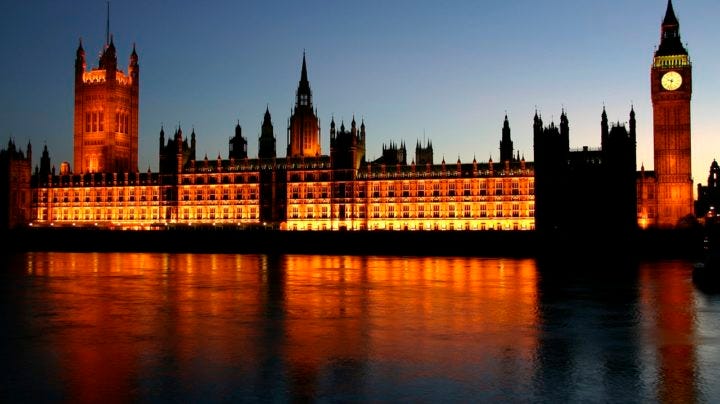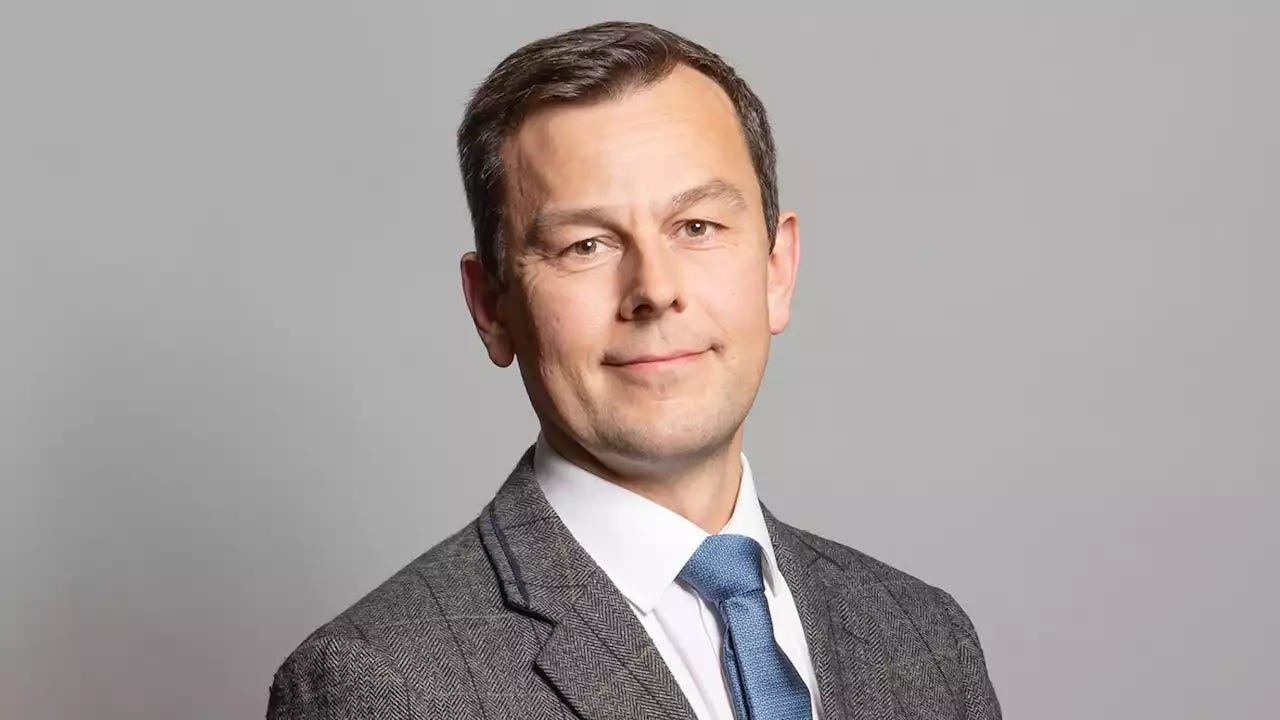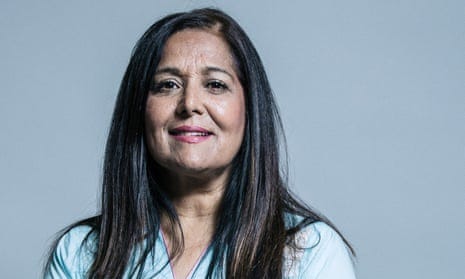Voices for Boys and Men
We need mainstream institutions promoting the interests of boys and men. The UK is setting a good example.
I recently returned from a trip to the Old Country. (Digression: the UK economy is in terrible shape, but with the election of Rishi Sunak, at least the lunatics are no longer running the asylum).
During the trip I was honored to address the All Party Parliamentary Group (APPG) on Issues Affecting Men and Boys. The Group was formed in March 2021, has taken evidence on a range of subjects, and issued two reports
A Boy Today, which examines the state of British boys in terms of family life, education and health
The Case for a Men’s Health Strategy, urging a specific focus from the Government on male health, along similar lines to the existing Women’s Health Strategy
There are many health issues that disproportionately impact boys and men, including in the mental health arena. As the second APPG report notes:
Evidence from the UK-based experts set out that there is no overall view or vision for the health of men, nor a way to comprehensively review any lessons learnt. In the UK there is also little in the way of proactively planning for or reacting to emerging issues facing men’s health. For example, Covid mortality rates for working age men and women were respectively 31 and 17 per 100,000. Unfortunately, we have had minimal discussion, either public, political or in the health community on the causes and how to address this gender-related issue.
Covid Exposed Institutional Asymmetry
The APPG are right to point to Covid as an illustration of the asymmetry in the institutional environment on issues of gender. As I note in my book Of Boys and Men, a lot of attention was paid to the potential impact of Covid on women, especially in terms of the labor market, and domestic violence. These fears turned out to be unfounded, but were reasonable ones. The various agencies, offices, departments and non-profits focused on girls and women were quick to issue reports, which the media were quick to highlight. Meanwhile, the much higher risk of death from Covid-19 for men warranted barely a mention. As I write in the book (p. 110):
The sex differences in Covid mortality make it clear that we need more of what feminist health care advocates have been urging for decades: more gender-specific medicine, including clinical trials that break down the results and side effects by gender. ‘Over the past two decades, we’ve radically revised how we conduct medical research and take care of our female patients,’ writes Marianne J. Legato. ‘I now believe that . . . it’s time to focus on the unique problems of men just the way we have learned to do with women.’
A good first step would be to establish an Office of Men’s Health in the Department of Health and Human Services, to mirror the excellent one that already exists for women, and with equivalent funding of $35 million. The Affordable Care Act should also be expanded to provide men with the same coverage that allows women to get a free annual health checkup.
There is a long-running campaign, led by Warren Farrell, for a White House Council on Boys and Men. This was launched after President Obama established a Council on Women and Girls and Women. That has now been replaced by a White House Gender Policy Council. But any hopes the change in name meant a change in mission have now been dashed. The mission of the Council is “to guide and coordinate government policy that impacts women and girls.” In October 2021, the Council published a comprehensive National Strategy on Gender equity and equality, the first in U.S. history. But not a single gender inequality related to boys or men was addressed. So the institutional shortfall remains.
No Joke Now: International Men’s Day
I was also in London for International Men’s Day on November 19th. When this was created in 2002 it’s fair to say it was not taken seriously by, well, almost anyone. Even in 2015, when the UK Parliament held the first debate to mark the day, there was widespread derision in the media, even in conservative-leaning outlets. The Labour MP Jess Phillips likened a day for men to a “white history month” (and she’s not the only one who made that comparison).
What a difference a few years can make. The parliamentary debate this year was substantive, respectful and balanced.
The Chair of the APPG, Nick Fletcher, opened the debate:
I want to speak about these issues because I want to help society as a whole. I am a father of both a boy and a girl—well, now young adults—and I want both to do equally well. However, the reason I joined the APPG on issues affecting men and boys is that I see too many issues, at a constituency and national level, that have a negative impact on men and boys, with no concerted action to tackle them. Of course, those issues have a negative impact on women and girls too, whether it be a brother’s suicide, a partner dying from prostate cancer, a son who is failing at school, or violence that a man commits against a woman, sometimes in the most horrific ways. Men and women all share lives and society together. My reasoning is therefore this: if we help half the population to become better equipped at handling life and more comfortable being themselves, we in turn help the other half of the population. It is a win-win. With the help of debates such as this, and in my role as chair of the APPG, I hope to do just that.
Even if any MPs had been inclined to scorn the fact of the debate, they would have been stopped in their tracks by one of the first contributions, from the Member of Parliament for Ynys Môn (Anglesey), Virginia Crosbie:
I thank my hon. Friend for holding this important debate. My brother sadly took his life recently, so I would like to give a big shout-out to all the community initiatives and charities that support men, particularly the Amlwch Men’s Shed and the Amlwch walking football team, who do so much to support men’s mental health and wellbeing right across Anglesey.
Importantly, positive contributions to the debate came from the spokespeople for opposition parties, including the SNP and the Labour Party. In fact, I was incredibly impressed, and honestly delighted, with the contribution from Labour’s Yasmin Qureshi, shadow Women and Equalities Minister.
Here is how she opened her statement:
I am pleased to take my place here as the shadow Women and Equalities Minister and close the debate for the Labour party. I am incredibly proud to be in this role because it focuses on addressing inequalities in society, wherever we find them. However, the reality is that we will never, as a country or a society, be able to truly flourish if we do not ensure that everyone can fairly access opportunities and fulfil their potential, whatever their background may be.
Qureshi discussed in detail the troubling trends in both mental and physical health for boys and men, but she broadened her lens to take in the issue of education too:
One cannot discuss men’s health without looking at boys’ performance in education, which we have touched on in this debate. In basic terms, boys perform worse than girls by the end of primary school, with 70% of girls reaching the expected standards in maths, reading and writing compared with just over 60% of boys. Boys are three times more likely than girls to be excluded from school, something that I know causes tremendous concern to many working families up and down the country.
That gap persists at GCSEs and A-levels. Young women are more likely to apply to university than young men. Those young men who apply are more likely to drop out and those who complete their courses are less likely to get a good degree. The disparity becomes even more acute among those from disadvantaged backgrounds: young women who were on free school meals are 51% more likely to go into higher education than young men. Disadvantaged white boys are the least likely of all groups to go to university, with just 8.9% continuing their studies.
After another parliamentarian raised the issue of violence against women, Qureshi gave a brilliant answer:
At every level, we should all be tackling violence against men and women. We must not consider gender equality to be a zero-sum game or a trade-off. Let me be clear: we can address women’s safety as well as serious issues and concerns for men. Indeed, we must do both.
“We must not consider gender equality to be a zero-sum game”. This from the Women and Equalities lead for the Labour Party. Progressive U.S. politicians, do please take note.
Two specific proposals were made by Nick Fletcher during the debate: to create a Men’s Health Strategy and a Minister for men, “who can co-ordinate action and champion issues affecting men and boys”. Strikingly, when Qureshi was asked whether the Labour Party would support these proposals she did not dismiss the idea, but said: “I can take that back to our team for discussion”. For what it’s worth, in terms of the implementation, I think Ally Fogg has a better approach here:
Institutions Matter
One of the reasons it is hard to get mainstream institutions to address the issues facing boys and men is simply that there is so little organizational capacity devoted to them. While there are thousands of organizations devoted to raising up the specific challenges of women and girls, there are almost none for boys and men. The result is a discourse that is very lopsided. A vacuum is then created that is often filled by non-mainstream men’s groups, often with little policy expertise and an axe to grind.
It’s not that LESS attention should be paid to the problems facing girls and women—that’s the zero-sum trap Qureshi warns us against—but that more should be paid to male issues. Otherwise it should not be a surprise if many boys and men end up feeling like their problems are not being taken seriously.







This is fantastic -- it is huge progress to have an APPG on Men and Boys! Now hopefully we can get things like that at all levels in the US. Not only is there the federal "Gender Policy Council" that only focuses on female issues, but virtually every state and many counties and even cities have similar commissions, often funded at taxpayer expense, for women and girls only, with no commensurate group for boys and men. San Francisco, CA, even has a Department of Women! This needs to be evened out.
agreed. the challenge is using language and objectives that are future-leaning and NOT the language of evangelical, paternalistic groups like Promise Keepers